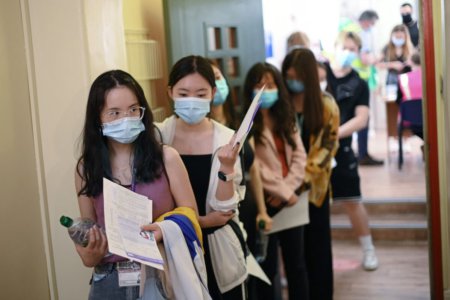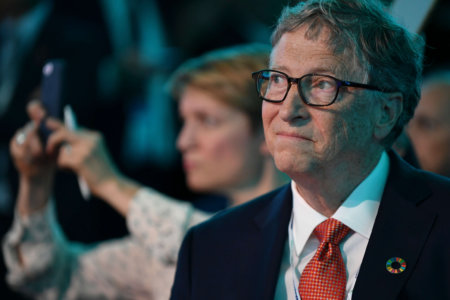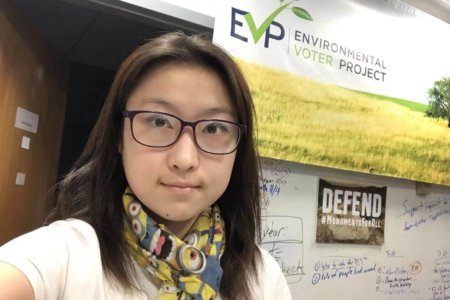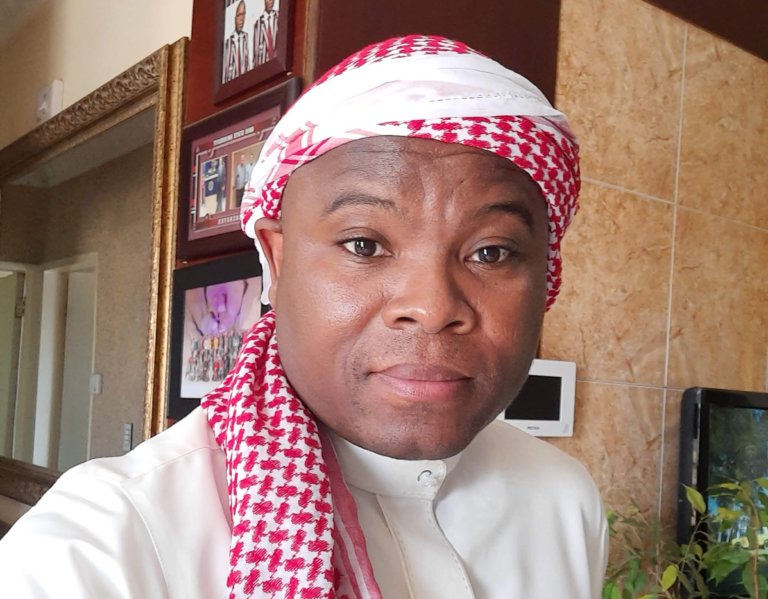
Teele Bernard Matsoso is pursuing a postgraduate degree in inclusive education and one of the many students studying remotely because of the pandemic. The odds of that are not lost on the South African.
Many international students find online learning difficult as live classes are usually held several time zones away. However adaptable one is, having classes until late at night or at the wee hours of the morning can and is disruptive.
Matsoso, however, credits the Graduate School of Education at Nazarbayev University in Kazakhstan for addressing such issues from the onset. “The collaborative and innovative nature of three qualified instructors gave us a smooth transition into the whole new teaching and learning mode,” he tells Study International. “This made us look forward to more online interaction.”
We caught up with Matsoso to learn more about his degree in inclusive education and how his professors have supported his cohort during COVID-19.
Why did you choose to pursue your degree in inclusive education at Nazarbayev University?
The Graduate School of Education at this uni is one of the few institutions around the world with a specialisation on inclusive education that’s being taught by international experts from different countries (Australia, South Africa, the UK, the US and so on).
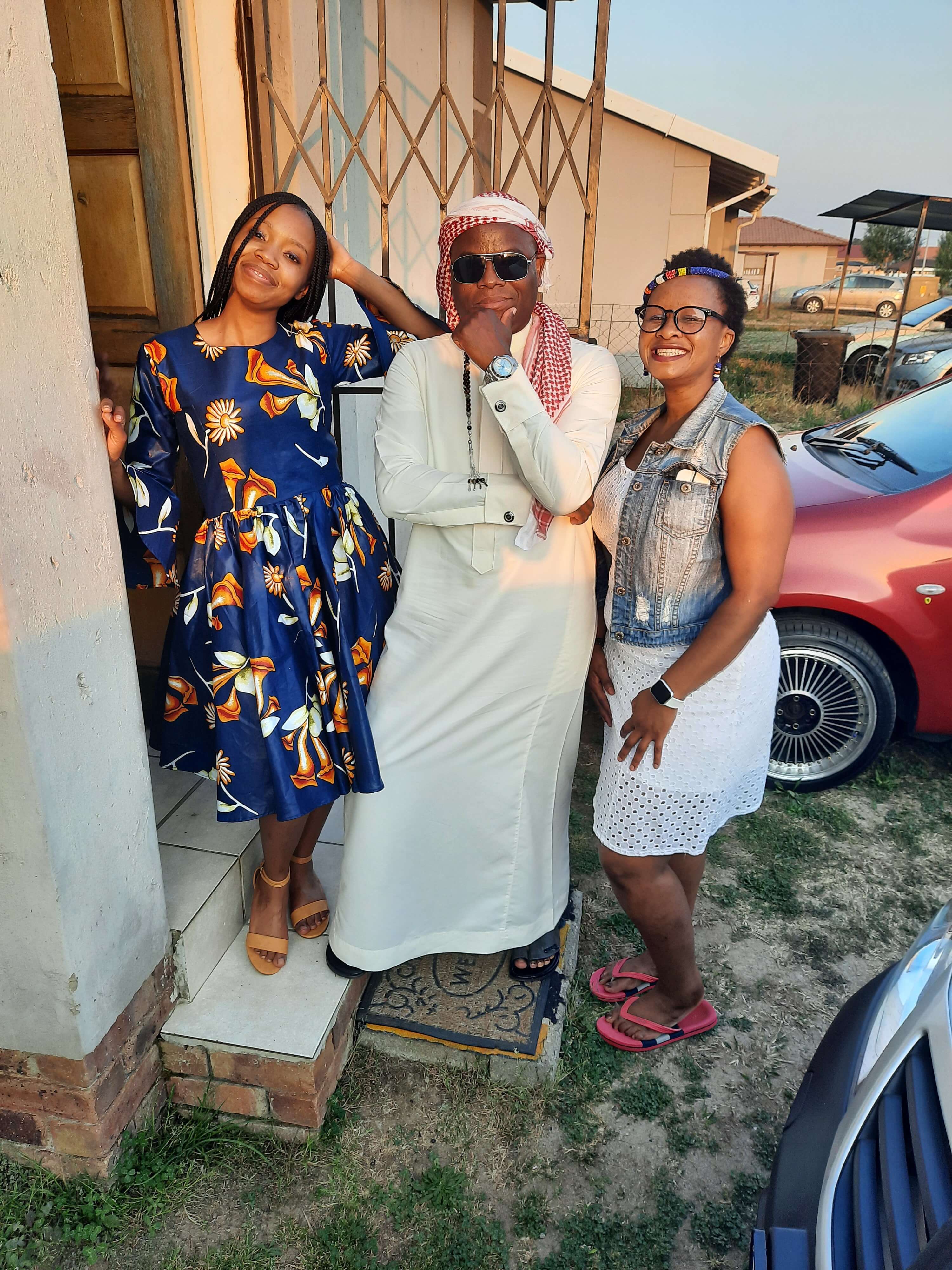
However adaptable one is, having classes until late at night or at the wee hours of the morning can and is disruptive. Source: Teele Bernard Matsoso
This alone provides students with a wider perspective on inclusive education. For example, a helicopter view on issues both in Kazakhstan and internationally.
Do you think it would have made a difference if you studied at a local institution in South Africa?
Not really, the majority of postgraduate studies in many South African unis are research-based without necessarily supporting students with groundbreaking research on various theories encompassing inclusive education.
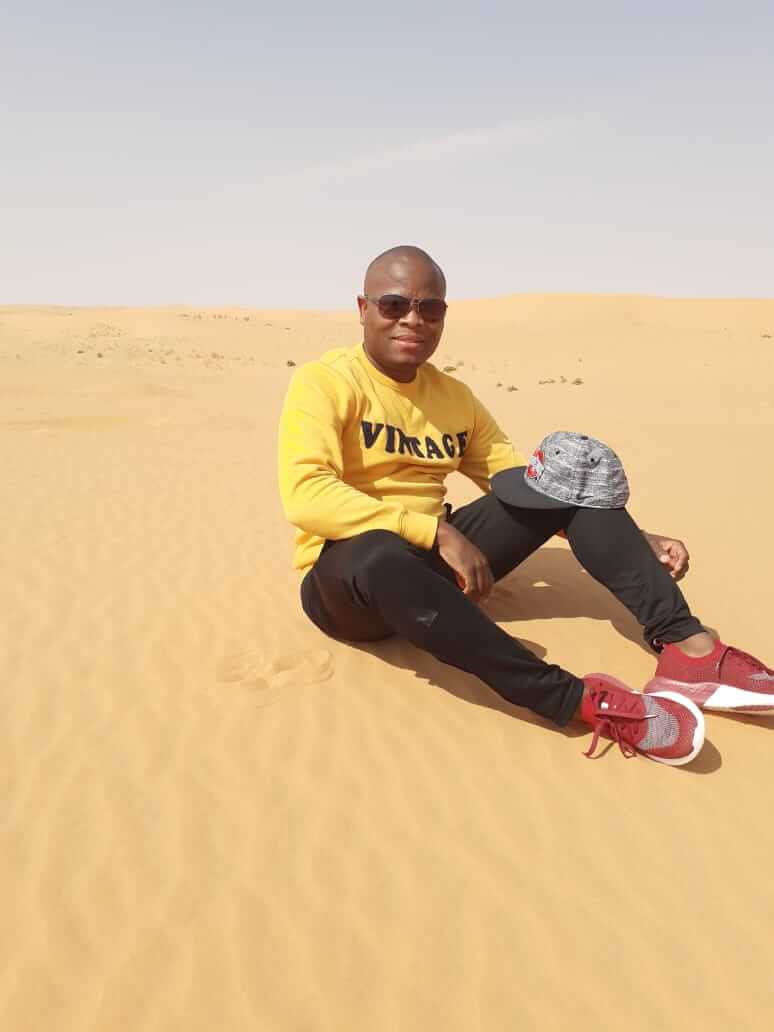
“I intend to pursue my doctoral degree within inclusion and diversity,” Matsoso says. Source:
Teele Bernard Matsoso
What are the practical learning elements in your course? Do you get to apply them to the real world?
The first course by Professor Sulushash, Dr. Darkhan and Dr. Zumrad on Education Context and Reform in Kazakhstan brought the entire MSc in Educational Leadership cohort to interactive teaching and learning environments. This enabled students from three different cohorts (inclusive education, school education and higher education specialisations) to know more about each other.
This commencement of the initial lecture was one of the innovative strategies that really worked and we embraced this hybrid learning approach. The idea of bringing these cohorts together promoted the concept of an “interdisciplinary” concept which is highly practiced in many reputable unis in the US.
This platform alone provided students with first-hand experience in terms of specialty, skills and knowledge. We acquired all of these through constructing various educational concepts and viewing them from all different levels, primary, secondary and higher education.
How have your lecturers supported you in your studies thus far?
Online learning is thought to be a challenge especially for international students dealing with time differences. However, the collaborative and innovative nature of three qualified instructors gave us a smooth transition into the whole new teaching and learning mode. This made us look forward to more online interaction.
Although all other courses had their own strengths, we progressed well because of the strong foundation obtained from the initial course.
What are your academic goals?
My goal is to train as many people as possible on issues related to the promotion of inclusive education in respective institutes of learning.
What do you plan to do with your degree after graduating?
I intend to pursue my doctoral degree within inclusion and diversity. My plan is to become an inclusive education expert and work closely with policymakers to transform our education system so it’s more inclusive for all.








